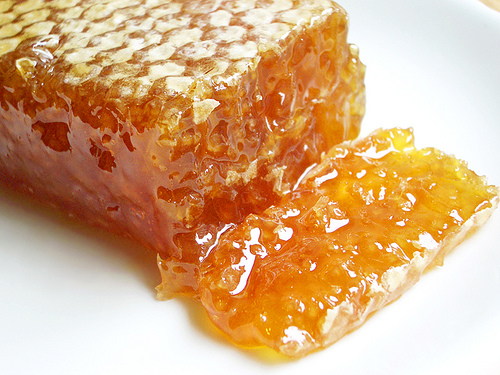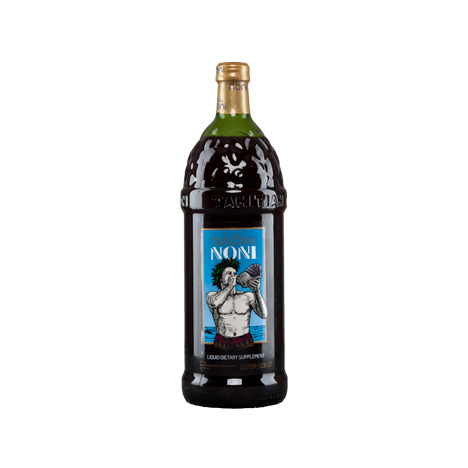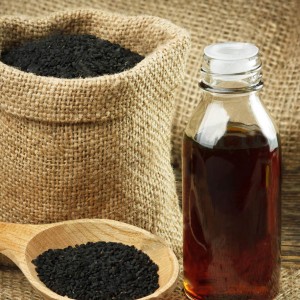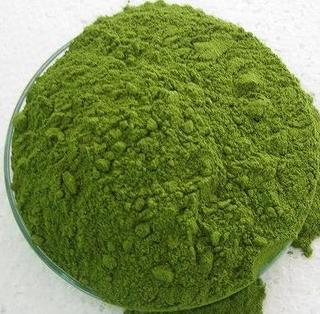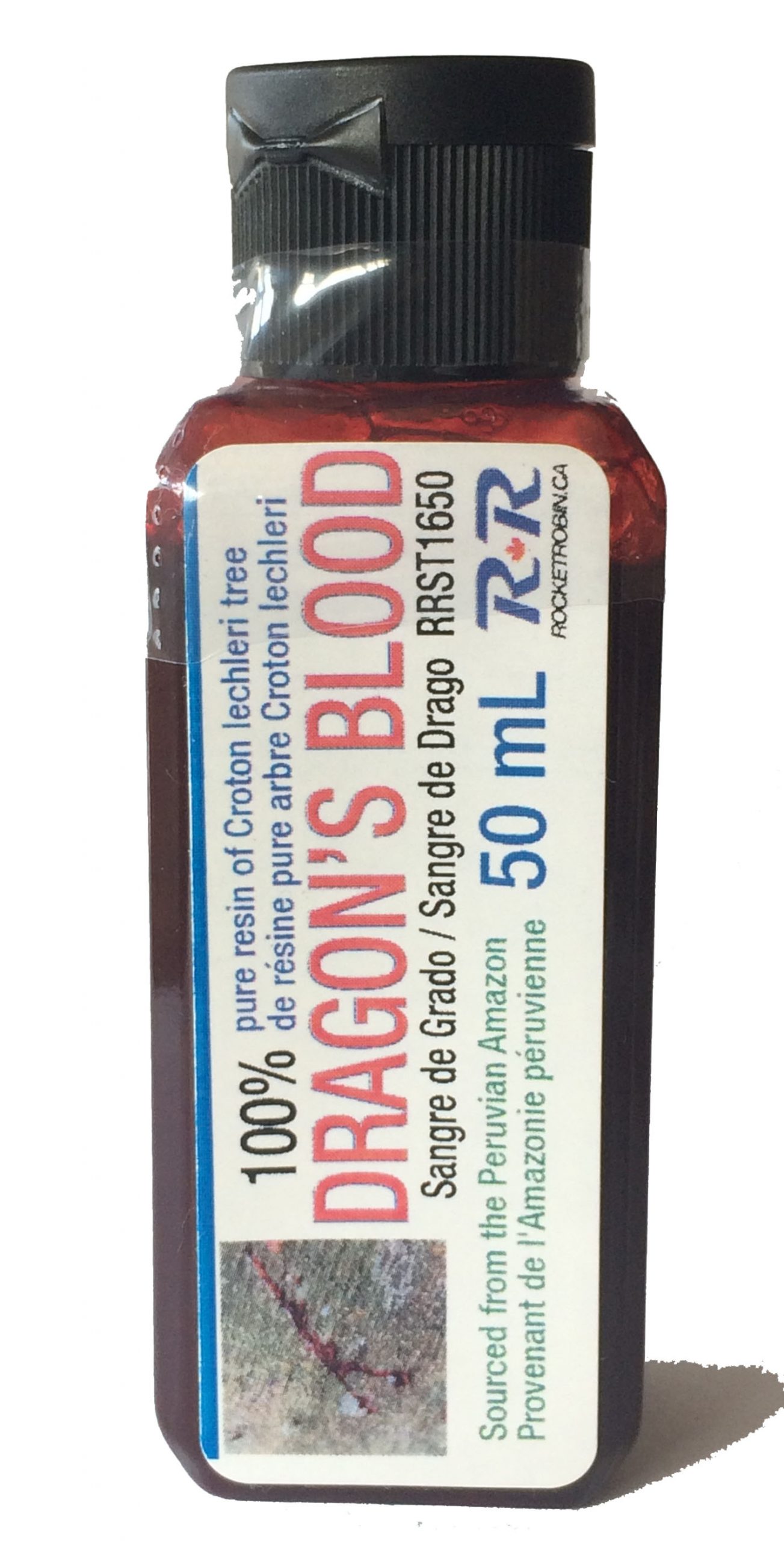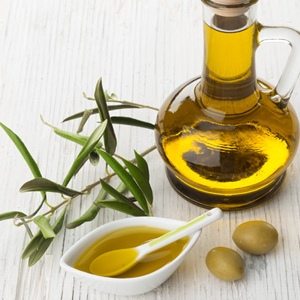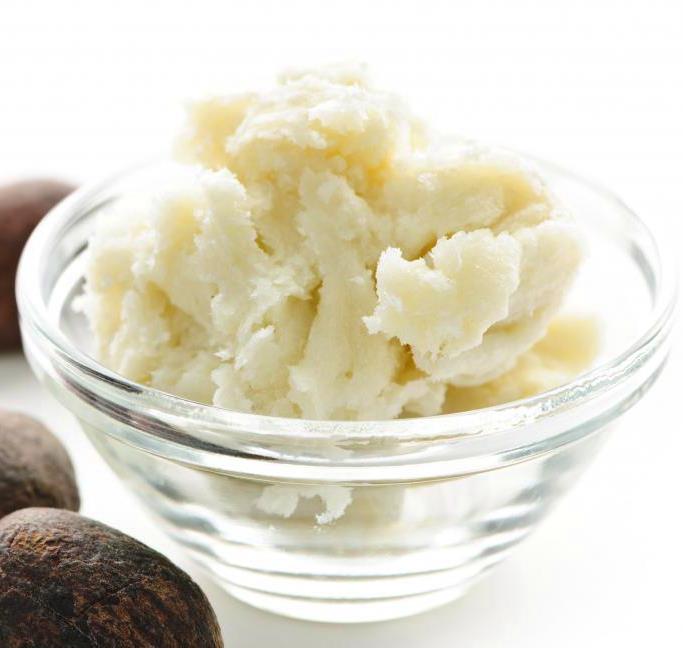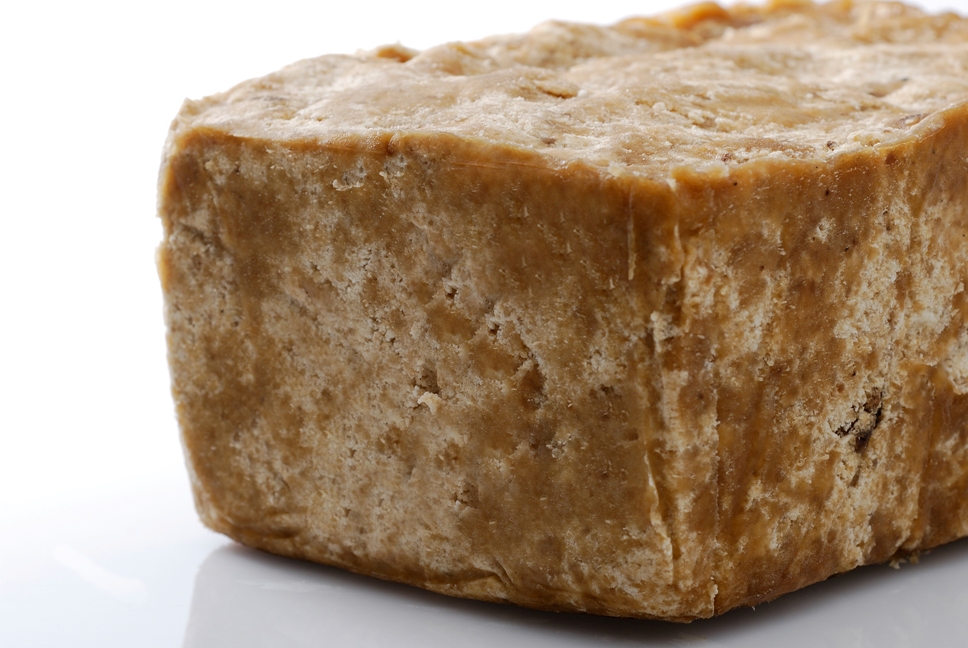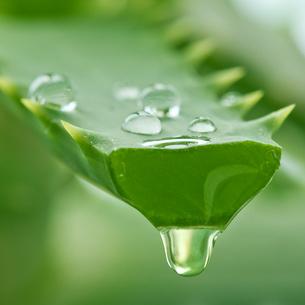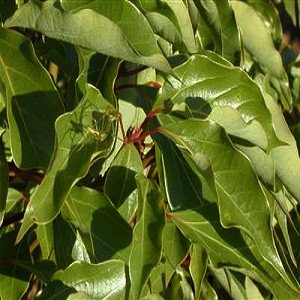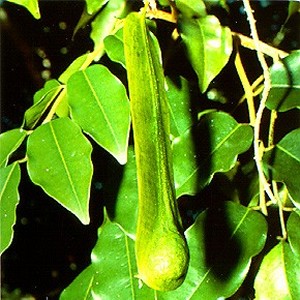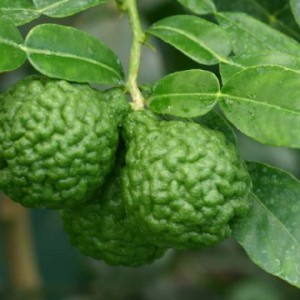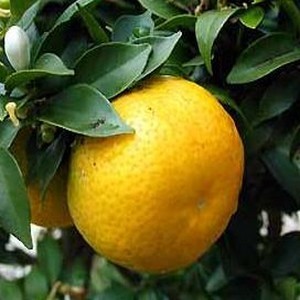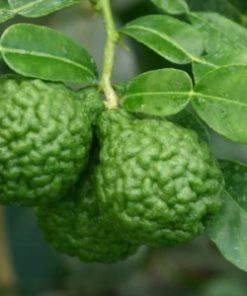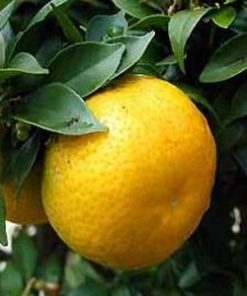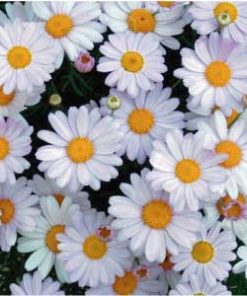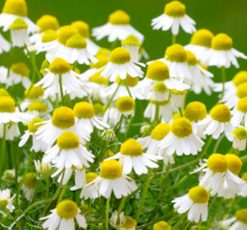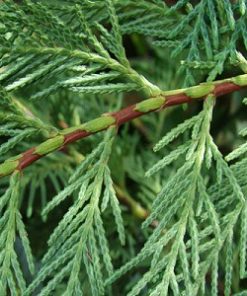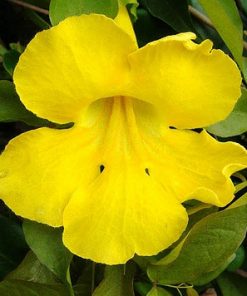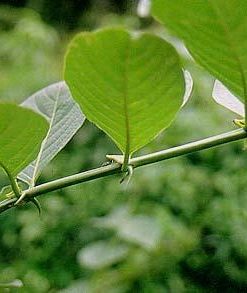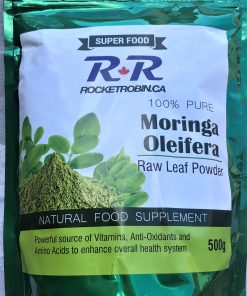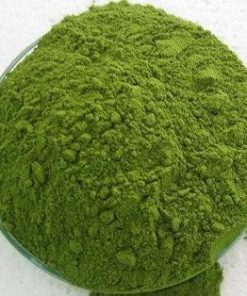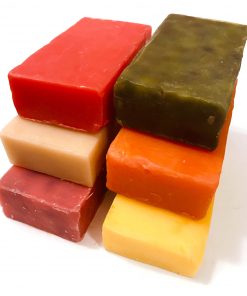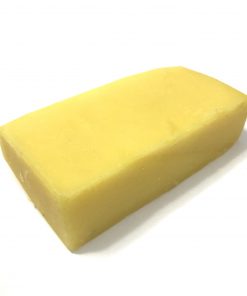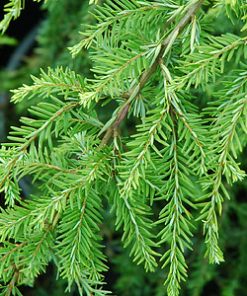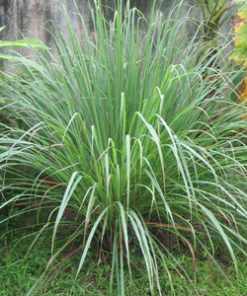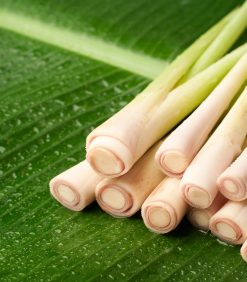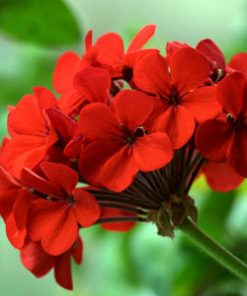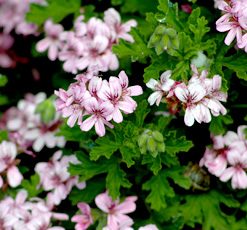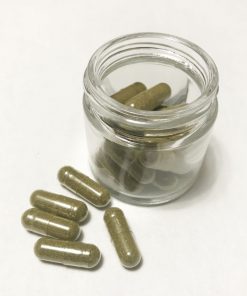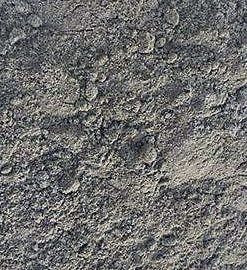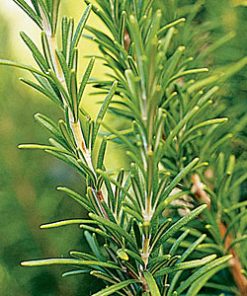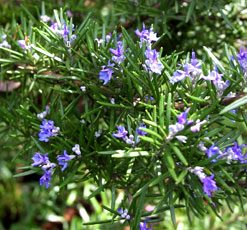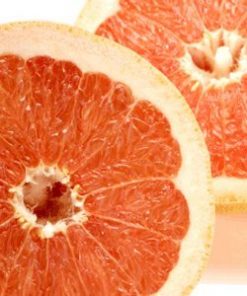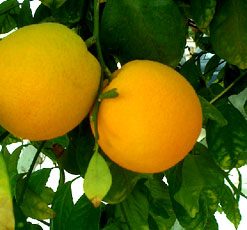Description
Essential Oil Petitgrain (15 mL)
Essential Oil Petitgrain
Aroma: Fresh-floral, citrus scent and a woody-herbaceous undertone
Traditional Use: Citrus auranium is quite possibly the most prolific of all essential oil producing trees, providing us with therapeutic essential oils from the fruit, flowers and leaves. And long before the process of distillation had been invented, civilizations around the world were already exploiting the wide range of healing properties yielded from the bark, leaves, flowers, peel and juice of the fruit in folk medicine.
Properties: antiseptic, anti-spasmodic, antidepressant, deodorant, nervine and sedative substance.
How to Use: Inhalation, Diffusion, Topical.
Blends well with: Benzoin, bergamot, cedarwood, clary sage, clove, cypress, eucalyptus lemon, frankincense, geranium, jasmine, juniper, lavender, lemon, mandarin, marjoram, neroli, oakmoss, orange, palmarosa, patchouli, rose, rosemary, sandalwood, ylang ylang
Safety: Avoid while pregnant. Not intended for internal use.
HISTORY OF USE
Petitgrain essential oil is derived from the fresh leaves and green twigs of the bitter orange tree (Citrus aurantium) and its various sub-species.
Bitter orange belongs to the Rutaceae family and is believed to have originated in South-East Asia, and spread to North-Eastern India, Burma and China, eventually finding its way via Arab traders to Africa, Arabia and Syria.
From these regions it was taken to the Mediterranean by the Moors and the Crusaders, and by the end of the 12th century it was cultivated in Seville, Spain, thereby leading to the common name for bitter oranges; ‘Seville oranges’. This species was also the first ‘orange’ to reach the New World thanks to the second voyage of Christopher Columbus in 1493.
The vast majority of petitgrain essential oil on the market is derived from Citrus aurantium subsp. amara and is usually identified by its country of origin, for example petitgrain Paraguay or petitgrain Haiti etc. Paraguay is by far the largest producer of petitgrain essential oil and this is the material that is available most commonly from aromatherapy suppliers.
Other than in Paraguay, bitter orange trees are cultivated for the production of petitgrain essential oil in Algeria, Egypt, France, Guinea, Haiti, Italy, Morocco, Spain and Tunisia.
The French connection
French petitgrain was at one time referred to as ‘Petitgrain le bigaradier’, which is a French expression for the ‘bitter orange petitgrain’, but this term has now been largely replaced with the anglicized version, ‘bigarade’. And strictly speaking, only the essential oil extracted from the true bitter orange tree and not any of its sub-species or hybrids should be given the prestigious title of ‘petitgrain bigarade’.
In reality, this particular essential oil is produced in quite limited quantities in Southern France, or from the original French variety cultivated currently in North Africa, Egypt, Italy or Spain. Many suppliers in the aromatherapy market mistakenly call their petitgrain essential oil ‘bigarade’ in the same way that others describe their standard geranium as ‘rose geranium’, which is also a specific variety.
The leaves and twigs of several other citrus species are used to extract a ‘petitgrain’ oil, although these are not commonly found in aromatherapy; lemon petitgrain (Citrus limonum), mandarin petitgrain (Citrus reticulata) and bergamot petitgrain (Citrus aurantium subsp. bergamia) are all commercially produced for other industries.
Also of interest is a relatively uncommon essential oil known as ‘petitgrain bigarade sur fleurs d’oranger’, (or ‘petitgrain sur fleur’ for short) which is a co-distillation of the leaves, petioles, twigs and also the flowers of Citrus aurantium. This essential oil has a more floral aroma than regular petitgrain due to the presence of the orange blossom flowers in the distillation process. These are the same flowers of course that are used to produce neroli essential oil, so you can imagine the contribution they make to the oils aroma.
HEALTH BENEFITS
Petitgrain essential oil has traditionally been used to support a healthy nervous system—particularly with nervous stress and exhaustion. It may improve instances of excessive perspiration. And support healthy skin and hair; particularly good for oily skin.
It is emotionally balancing and is very uplifting. The properties of petitgrain are very similar to those of neroli. It is a sedative, relaxant, tranquillizer and a cardiac tonic. Petitgrain can be used to calm anxieties, to prevent insomnia, and to help patients come off tranquillizers.
For a tisane, simply infuse some orange leaves in boiling water for 7 minutes, then sweeten with honey (preferably orange-blossom). This is very relaxing and, diluted, can also help young children who have stomach pains or colic, or who can’t sleep.
To relax after a hectic day or a long journey, lie in a warm bath containing 10 drops petitgrain, then follow that with a tisane as above.
For a massage oil to relieve fatigue, mix together 10 ml (2 tsp) soya oil and 10 drops best-quality petitgrain. Massage into the lower spine, nape of the neck, solar plexus, chest, stomach, hands and feet. This can be used for young children as well, but halve the proportion of petitgrain.
An even simpler solution for fatigue, tension or nervousness, is to buy a little orange tree in a pot. You get flowers and fruit, it is good to look at, and if you have it in the room near you, its perfume can act as a sedative.
Antiseptic: Essential oil of Petitgrain fights infection by inhibiting bacterial growth.
Antispasmodic: The Essential Oil of Petitgrain, being anti-spasmodic in nature, induces relaxation in the tissues, muscles, nerves, and blood vessels, thereby helping to cure spasms.
Antidepressant: The relaxing effect of Petitgrain Essential Oil helps overcome depression and other problems such as anxiety, stress, anger, and fear. It uplifts the mood and induces positive thinking.
Deodorant: The refreshing, energizing, and delightfully woody yet floral fragrance of Petitgrain Essential Oil does not leave any trace of body odour. It also curbs the growth of bacteria in those parts of the body that are always subjected to heat and sweat and remain covered by clothes so sunlight cannot reach them. In this way, this essential oil prevents body odour and various skin infections which result from these bacterial growths.
Nervine: This oil has a very good reputation as a nerve tonic. It has a soothing and relaxing effect on the nerves and protects them from the adverse effects of shock, anger, anxiety, and fear. It is equally efficient in calming nervous afflictions, convulsions, and epileptic and hysteric attacks. Finally, it strengthens the nerves and the nervous system as a whole.
Sedative: It is a good sedative for all sorts of nervous crises such as afflictions, irritations, inflammations, anxiety, and sudden anger. It can also be used to treat problems like abnormal palpitations, hypertension and insomnia.
Other Benefits: It is good for maintaining the moisture and oil balance of the skin as well as for treating acne, pimples, abnormal sweating (those who suffer from nervousness have this problem), dryness and cracking of the skin, and ring worm. It also soothes nausea and eliminates the urge to vomit, since it is an anti-emetic. When used in the summer, it gives a cool and refreshing feeling.
Uses in aromatherapy
Petitgrain essential oil is surprisingly versatile, and like several other oils it has the ability to both relax and uplift at the same time. In common with neroli, it has an affinity with the skin, helping with acne, pimples and blemishes, balancing over-active sebaceous glands, reducing spider veins, and acting as an all round tonic to the complexion. And all at a much lower price!
Aromatherapists also use petitgrain essential oil for asthma, anxiety, colic, depression, diarrhoea, dyspepsia, fluid retention, greasy skin, headaches and migraine, hay fever, insomnia, mature skin, nausea, nervous exhaustion and stress. As stated, it is a surprisingly versatile essential oil and represents excellent value for money.
Petitgrain oil adds its own unique aromatic and therapeutic qualities wherever you use it, and it is a great middle note for blending. Try it with basil, benzoin, bergamot, clary sage, cypress, geranium, lavender, lemon, lime, linaloe wood, mandarin, neroli, orange sweet, palmarosa, rosemary, sandalwood and ylang ylang.
Caution: NEVER USE INTERNALLY without consulting professional medical help
- Not recommended for pregnant women and infants.
Individuals with serious and chronic health issues should consult an expert prior to using oils.
TRUST ROCKET ROBIN
Rocket Robin is proud to be your supplier of truly natural products with simple ingredients in support of your family’s health and well-being.
Additional information
| Weight | 0.1 kg |
|---|---|
| Dimensions | 10 × 10 × 1 cm |

